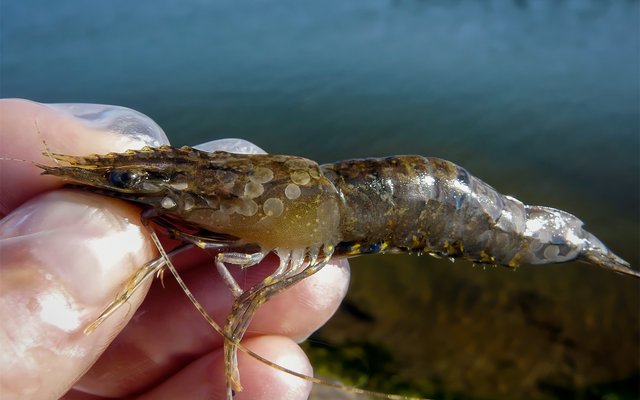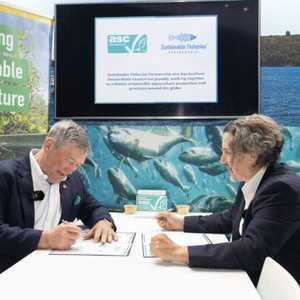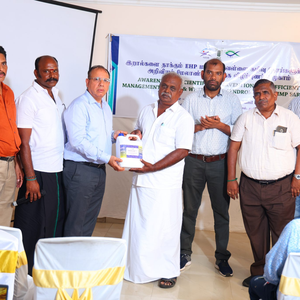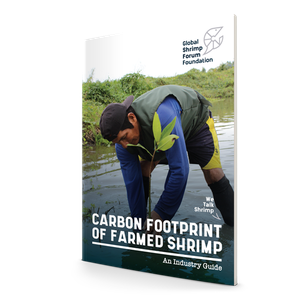White spot disease caused by White Spot Syndrome Virus (WSSV) is one of the world’s most notoriously feared infectious agents in the shrimp industry, inflicting estimated production losses worldwide of up to USD 1 billion annually. It moves quickly, killing up to 100% of affected farmed shrimp.
Global testing standards for white spot virus are currently set by the World Organisation for Animal Health (WOAH), and Australia’s national science agency, CSIRO. Genics Shrimp MultiPath™ technology has been shown to exceed the standards and parameters for efficiency and sensitivity in commercial shrimp pathogen tests, according to recent peer-reviewed research, published by Diseases of Aquatic Organisms.
The performance of Shrimp MultiPath™ was tested by an independent laboratory, against DNA and RNA clinical samples (i.e. tissue from sick animals) the WOAH-OIE recommended real-time PCR assay and the newly adapted CSIRO real-time PCR assay in an empirical assessment for this study. It was assessed for repeatability, sensitivity, and specificity on Bayesian latent class models, using real-world L. vannamei tissue samples. Shrimp MultiPath performance exceeds that of all known technologies available.
“Not only are we benchmarking against world standard testing real-time PCR assays but also exceeding these parameters, meaning we are supplying our industry with higher efficiency and value for money with cutting-edge technology against white spot and the 12 other pathogens of commercial importance in the platform,” said Melony Sellars, CEO of Genics.
“While WSSV continues to wreak havoc in emerging and established industries and local environments, it’s rewarding to know Australian scientific know-how is working to bring effective solutions to a terrible challenge worldwide. Ultimately, with the widespread use of these tests in early pathogen detection, we can support those farmers working to improve food security,” Sellars said.
Effective surveillance testing and targeted diagnosis, as part of cohesive biosecurity measures, are all ways that shrimp industries and authorities can receive early alerts about the potential threat of WSSV in populations. In a recent example, this technology was used to detect and avert a potential incursion into Australia in 2022, with authorities acting swiftly once positive WSSV results were detected at Genics laboratories as part of routine testing.













